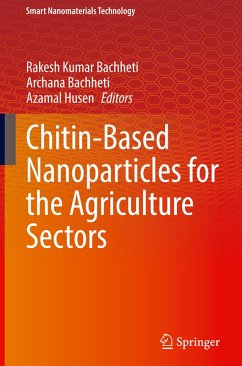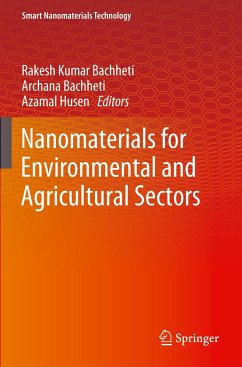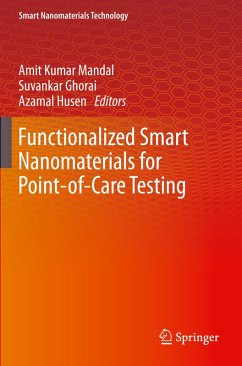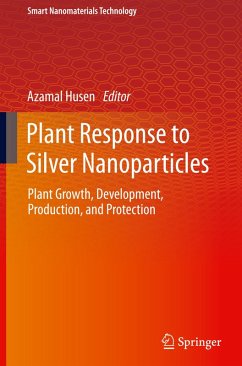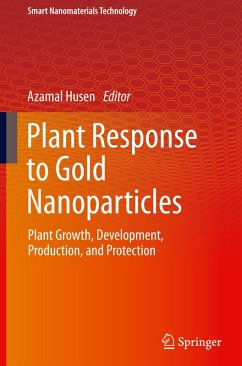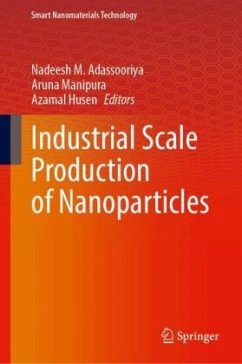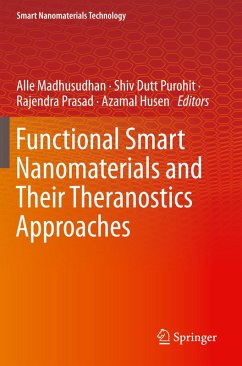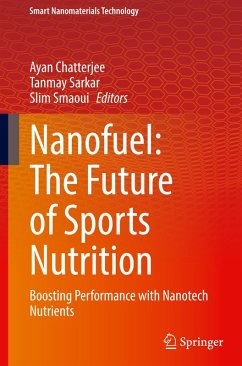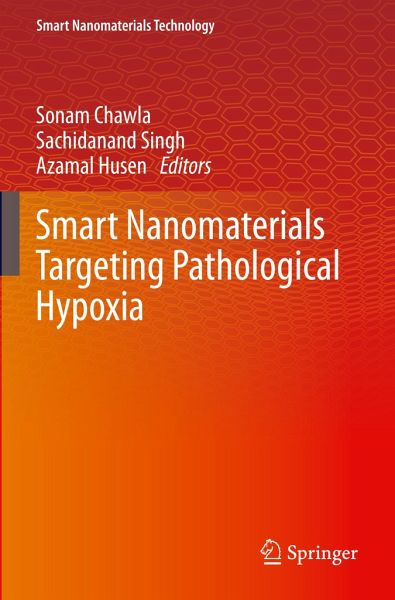
Smart Nanomaterials Targeting Pathological Hypoxia
Versandkostenfrei!
Versandfertig in 6-10 Tagen
151,99 €
inkl. MwSt.

PAYBACK Punkte
76 °P sammeln!
The book showcases the newest research on smart nanoplatforms responding to "hypoxia"; an omnipresent pathological feature of many modern-day diseases and its potential applications. The book demonstrates the versatility of hypoxia targeted smart nanoplatforms in disease management in diverse pathological settings presented in chapters contributed by various experts in the field. The themes in the book touch upon critical facets to address pathological hypoxia such as nanomaterials enhancing oxygenation, hypoxia responsive nanoformulations which deliver the drug directly to the hypoxic site, l...
The book showcases the newest research on smart nanoplatforms responding to "hypoxia"; an omnipresent pathological feature of many modern-day diseases and its potential applications. The book demonstrates the versatility of hypoxia targeted smart nanoplatforms in disease management in diverse pathological settings presented in chapters contributed by various experts in the field. The themes in the book touch upon critical facets to address pathological hypoxia such as nanomaterials enhancing oxygenation, hypoxia responsive nanoformulations which deliver the drug directly to the hypoxic site, limited toxicity and enhanced efficacy of smart nanoformulations to counter molecular consequences of hypoxia, and theranostics combining hypoxia detection systems with drug delivery systems. This book disseminates the current implications of smart nanomaterials in disease management that can be exploited by scholars, researchers, and pharma industries to develop, manufacture, and commercialize hypoxia targeted diagnostics and therapeutics.



